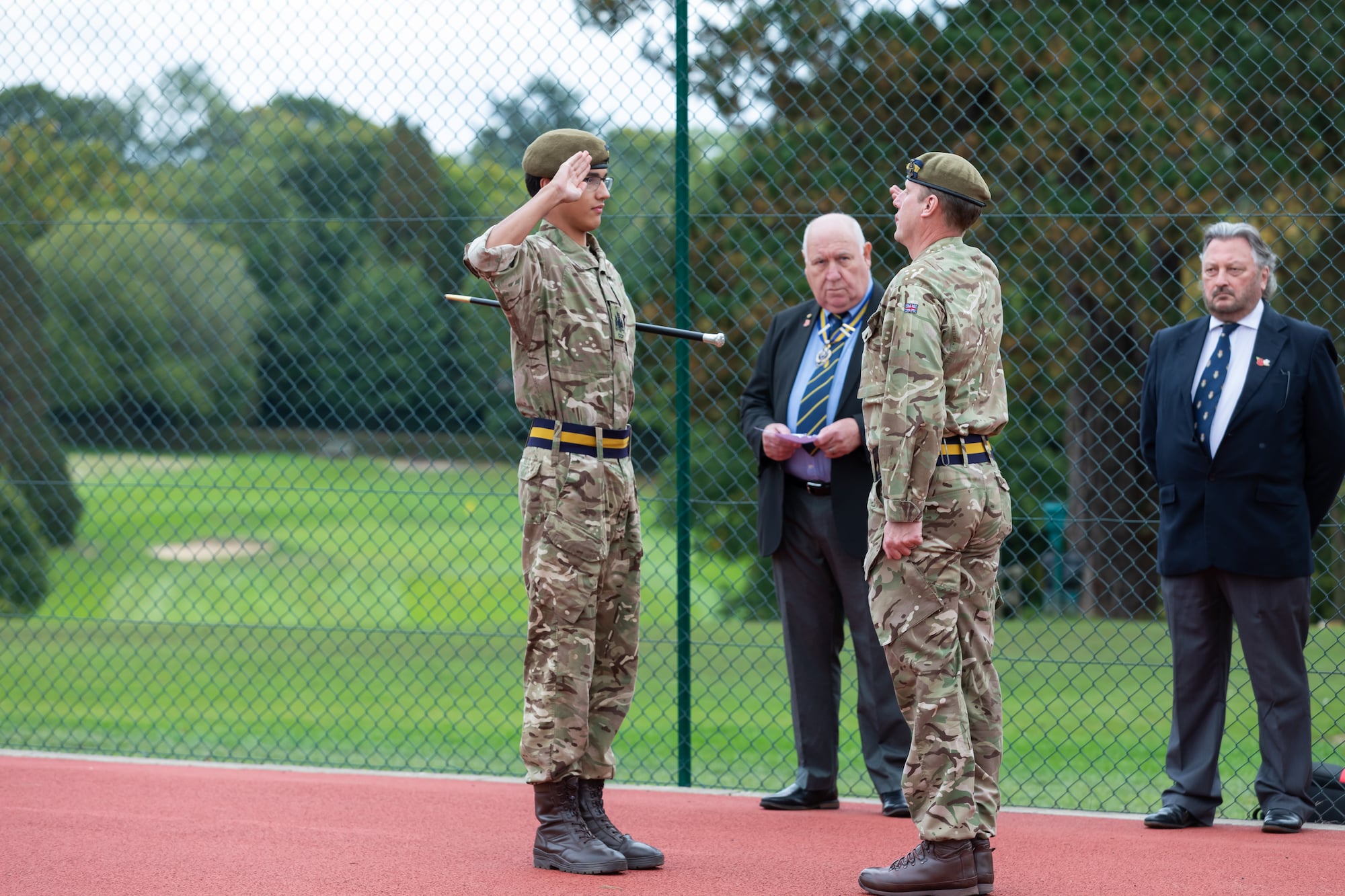On the January 30th the Physics Department hosted Dr Chris Warner who came to talk to Cranleigh’s budding 6th form physicists about the experimental physics he  conducted at the University of Manchester for his PhD. The fifty or so students were in knowledgeable hands as Dr Warner is a College Teaching Officer in Mathematics at Robinson College, University of Cambridge. Not only that, but he also works as an Admissions Tutor for Robinson and as an Aspiration and Challenge Consultant in schools so he has plenty of experience talking to, and stretching, 6th form scientists.
conducted at the University of Manchester for his PhD. The fifty or so students were in knowledgeable hands as Dr Warner is a College Teaching Officer in Mathematics at Robinson College, University of Cambridge. Not only that, but he also works as an Admissions Tutor for Robinson and as an Aspiration and Challenge Consultant in schools so he has plenty of experience talking to, and stretching, 6th form scientists.
His talk focused on the experimental setup that he worked on in Manchester as well as on the wider context of his work. He provided genuine insight into what experimental physics is all about and incorporated theory from a lot of the topics that Cranleighans study during their A-level course. He added some valuable contexts and real-world applications to the principles that we explore in our labs and classrooms, from simple kinetic energy analysis through atomic energy levels and into the principles of electric and magnetic fields.
It was fantastic to hear him talk about some of the benefits of small-scale experimental work as opposed to the multi-billion dollar international research experiments such as CERN in Switzerland, or the Tevatron at Fermi Lab in Illinois, that so often dominate the news headlines both in and out of the physics community. The idea that one or two scientists, with a limited budget, working on human-sized machines in a basement at a UK university, can still see a piece of science that no-one has ever seen before is a real inspiration for those students looking at continuing science into tertiary education and beyond.
Dr Warner’s parting message of ‘do not underestimate what you can achieve as a scientist’ was illustrated by an original plaque from one of the pre-accelerators that his father worked on at CERN. The machine was integral to the development of many of the scientific discoveries that have arisen from the world’s most famous research establishment and the plaque added a personal touch to an inspiring message.
RGL
Back to all news











